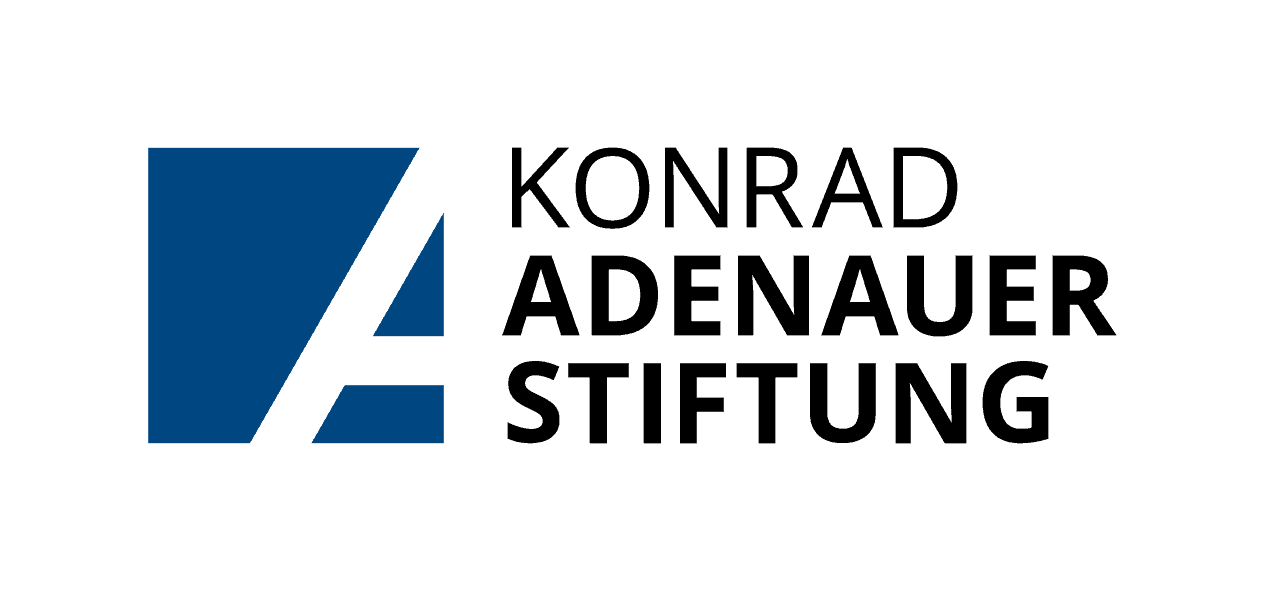Structured interviews are akin to mini surveys – an organised way to establish data in the absence of official documents. You would need a list of standardised questions, which hopefully yields quantitative data, although you should be able to think on your feet and add in extra questions if something new crops up in an individual conversation.
(1) Compile a comprehensive list of questions that can establish likely facts. For example, ask sources if they can remember when something first happened. In this way, you can assess when a certain problem started (e.g., rapes or assaults by strangers, crops dying, road deterioration, disappearances of local people), its possible causes (e.g., people might say things like ‘It was at the time when X also happened’), and others’ response to an event (‘We decided to move to town X’).
(2) Ask all sources the same set of questions.
(3) Ask the questions precisely, seek concrete details and record the answers accurately. This is one kind of interviewing where closed-ended questions can be useful for getting definite answers, although you also need to seek more expressive and nuanced responses, too. Collectively, these answers can be used to build your own database.

